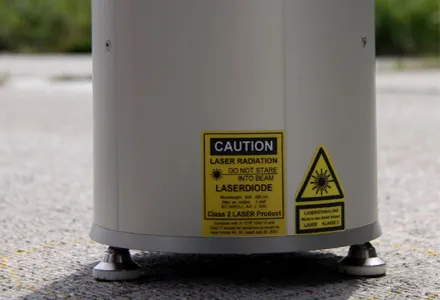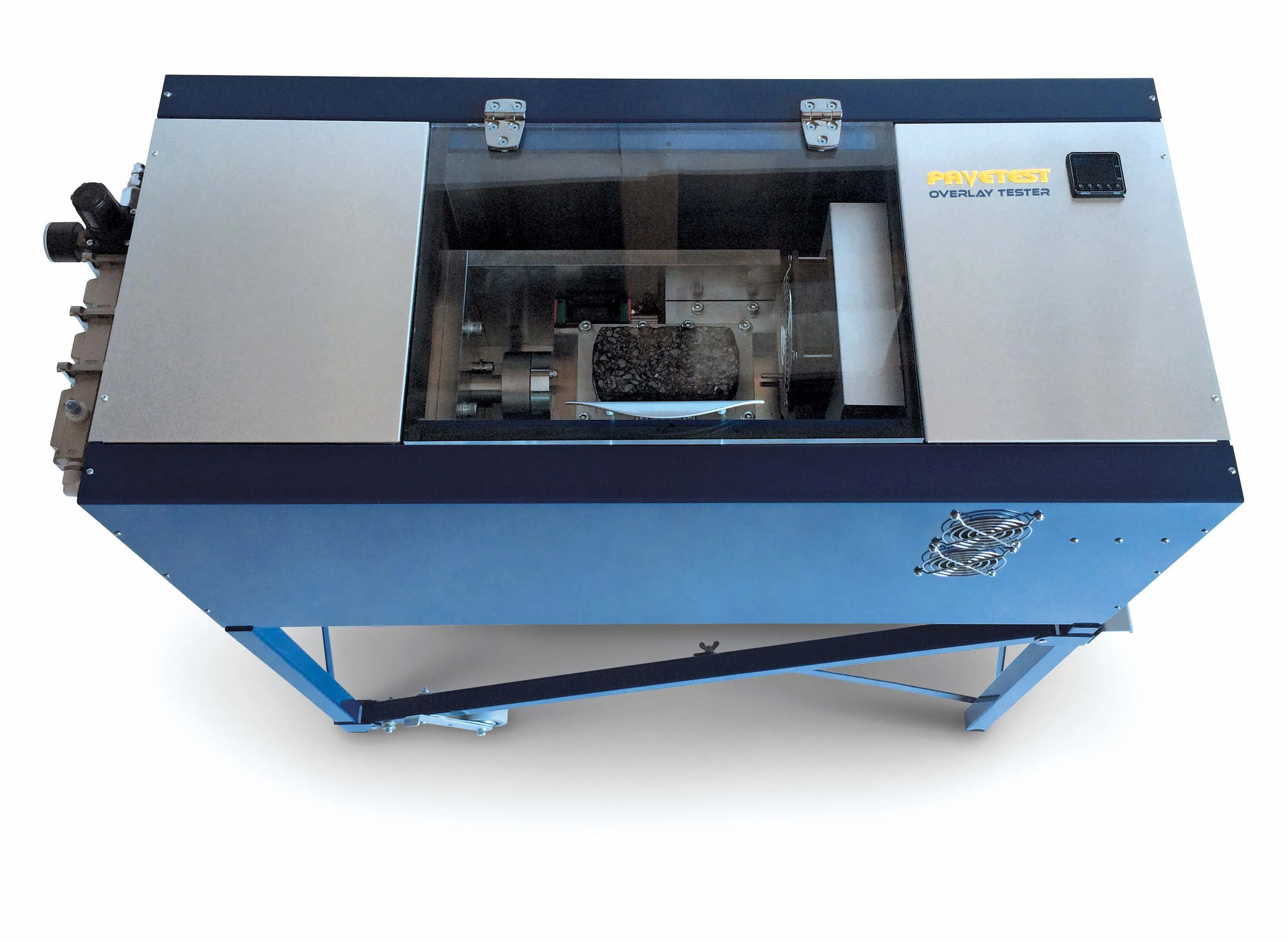2311 Klaruw says that its advanced laser scanner system can accurately evaluate the macro-texture of road pavement surfaces. This sophisticated system allows highway agencies to monitor road surface condition more accurately and assess whether the skid resistance meets safety requirements. The innovative Laser Texture Tester (LTT) device uses uses a rotating, high resolution laser to scan circular sections of road pavement. Scanning 2000 points across a 400mm circumference track with a diameter of 127.3mm, the system takes 12 seconds to complete each measurement and the data is then noted internally. The tester displays and stores mean profile depth (MPD) in accordance with standards and based upon one quarter of the circular track (100mm). It also displays and stores estimated texture depth (ETD) and data can be copied to a laptop or PC for later analysis. The data is provided quickly and offers high accuracy and can be used by highway engineers to highlight the need to improve macro-texture. In addition the equipment can also be used for post-treatment testing to evaluate the effectiveness of retexturing work that has been carried out. The German engineered LTT instrument is currently undergoing calibration to ASTM International Standards.










